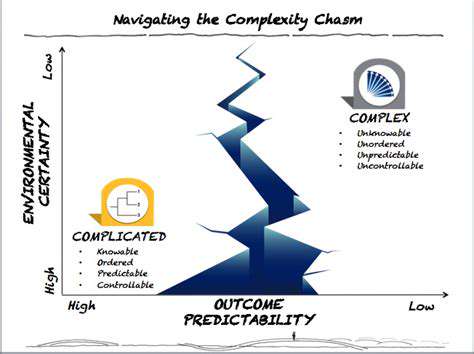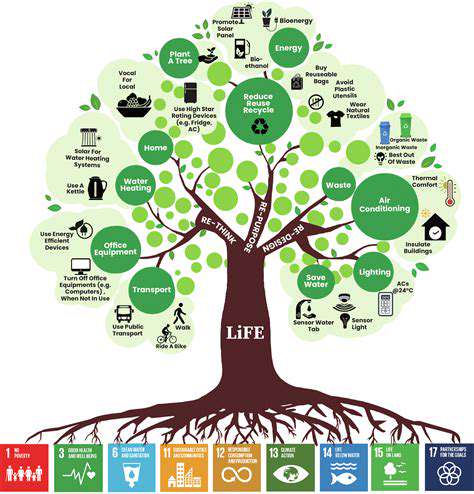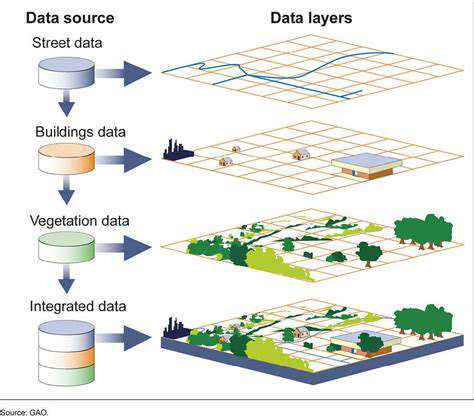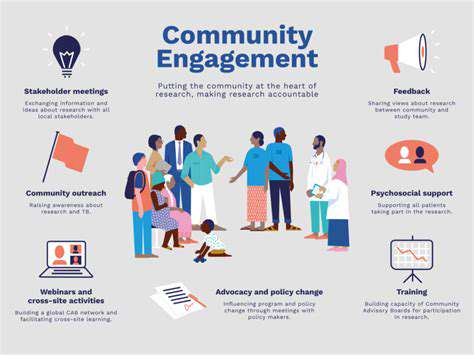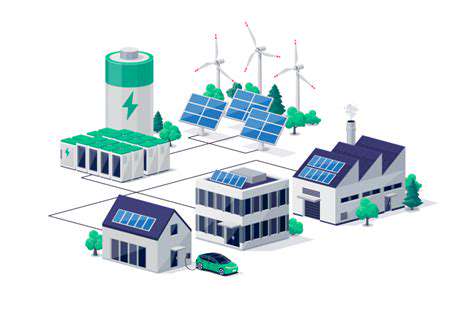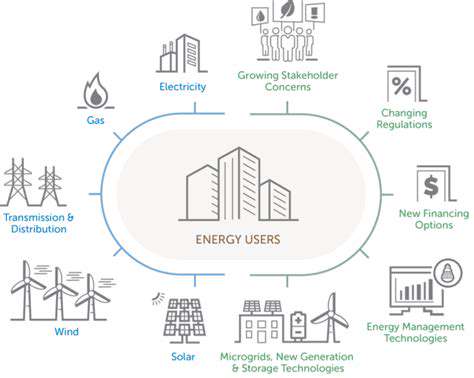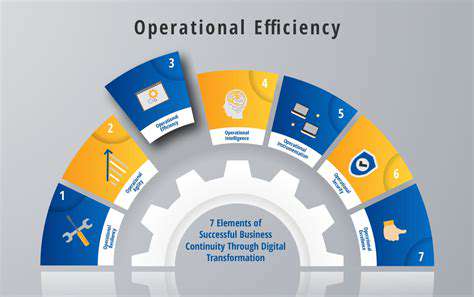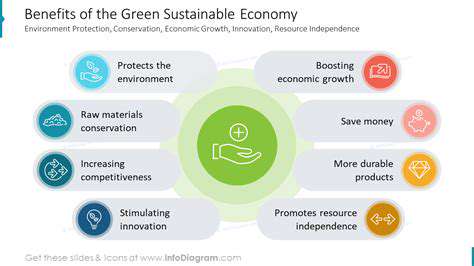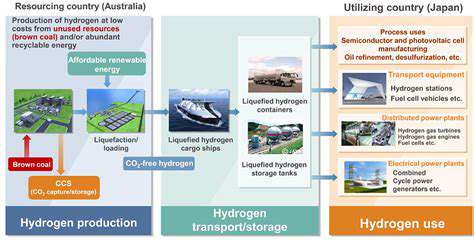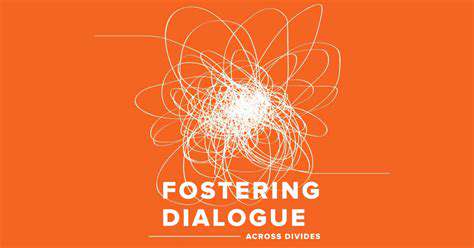Ensuring a Just Transition for Fossil Fuel Workers
The Urgency of a Just Transition
The Economic Impact of Transitioning Away from Fossil Fuels
The shift away from fossil fuels, a critical step in combating climate change, poses substantial economic hurdles, especially for regions deeply entrenched in fossil fuel industries. A responsible transition demands meticulous planning and proactive support for workers and communities facing job losses and economic instability. Effective strategies must include economic diversification to cultivate new industries and job prospects. This isn't merely about reducing fossil fuel dependency; it's about crafting a strategic evolution that safeguards the livelihoods tied to the current system.
Recognizing regional economic vulnerabilities and worker demographics is essential. Financial aid, retraining initiatives, and access to upskilling resources form the backbone of a fair transition. These measures empower workers to adapt to emerging sectors like renewable energy and sustainable technologies. Delaying this transition will only magnify economic upheaval in the future.
Worker Retraining and Upskilling Programs
Retraining and upskilling programs aren't optional—they're fundamental to a just transition. These initiatives must align with the skill demands of growing industries, enabling workers to transition smoothly into new careers. Quality education and training, tailored to diverse workforce demographics, are vital. Curricula should mirror the evolving job market's needs.
Additionally, these programs should offer financial support during transitions and foster ongoing career growth. This assistance alleviates retraining burdens, allowing workers to invest in their futures without financial strain. Mentorship and networking opportunities with employers in emerging fields can further ease this shift.
Community Engagement and Stakeholder Collaboration
A just transition hinges on robust community engagement and stakeholder collaboration. Listening to affected communities and integrating their feedback into transition plans is crucial. Transparent communication builds trust and ensures policies meet the needs of all impacted parties.
Addressing Social and Environmental Justice Concerns
A fair transition must tackle the social and environmental justice issues tied to fossil fuel phase-outs. Benefits should be equitably distributed, and environmental harm minimized. Marginalized communities, often disproportionately affected, require special attention. Policies must prevent new industries from repeating past environmental injustices.
Financial Support for Affected Communities
Financial backing is indispensable for transitioning communities. Aid for retraining, business development, and community revitalization can mitigate economic distress. Support for displaced workers, small businesses, and local governments ensures an equitable transition.
Sustainable Infrastructure Development and Investments
Investing in sustainable infrastructure, particularly renewable energy, is key to job creation and economic resilience. The transition isn't just about ending fossil fuel use—it's about building a sustainable future. Renewable energy projects, energy-efficient upgrades, and green transportation systems will foster long-term sustainability and job growth.
Policy Frameworks and Legal Support
Strong policies and legal safeguards are necessary for an effective and fair transition. Clear guidelines ensure all stakeholders understand their roles. Legal protections for workers and communities, alongside frameworks for sustainable industry growth, are critical for success.
Identifying and Addressing the Needs of Affected Communities
Understanding the Scope of Impact
Identifying community needs requires a deep dive into how transitions affect different groups. Immediate and long-term impacts on livelihoods, resources, and well-being must be considered. Demographic data, historical trends, and community input are essential for pinpointing challenges.
Low-income households, marginalized groups, and vulnerable populations often face disproportionate effects. Tailored solutions must address these disparities.
Prioritizing Community Engagement
Effective transitions prioritize grassroots engagement. Listening to affected individuals, rather than imposing top-down solutions, is key. Dialogue platforms, workshops, and participatory research ensure community needs drive the process.
Collaboration among community members, governments, and businesses fosters sustainable, equitable solutions. Local organizations offer invaluable insights for context-specific strategies.
Developing Targeted Support Strategies
Tailored support must address economic, social, and educational gaps. Resources, training, and financial aid can ease transition pains. Vulnerable groups, such as those with disabilities or language barriers, require specialized assistance.
Ensuring Equitable Outcomes
A just transition demands equitable benefit distribution. Transparency and accountability are vital. Regular progress assessments ensure responsiveness to evolving needs. Addressing historical injustices is crucial for building a fairer future.

Creating Pathways to New Employment Opportunities
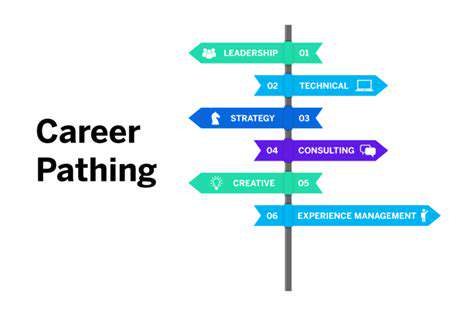
Identifying Skill Gaps in the Current Job Market
Job market analysis reveals critical skill shortages in data analysis, software development, and cybersecurity. Bridging these gaps requires targeted training initiatives.
Developing Targeted Training Programs
Practical, hands-on training programs are essential for equipping workers with in-demand skills. These programs should blend theory with real-world application to ensure job readiness.
Leveraging Existing Resources and Networks
Collaboration with industry, academia, and government maximizes resource use. Partnerships streamline skill development and job placement, expanding employment opportunities.
Enhancing Employability through Soft Skills Development
Soft skills like communication and problem-solving are increasingly valued. Integrating these into training programs creates well-rounded, adaptable employees.
Building Bridges to Employment Opportunities
Career fairs, internships, and job shadowing connect job seekers with employers. These initiatives provide practical experience and industry connections.
Promoting Entrepreneurship and Self-Employment
Encouraging entrepreneurship offers alternative career paths. Access to resources, mentorship, and funding can empower individuals to launch businesses, fostering innovation and economic growth.
